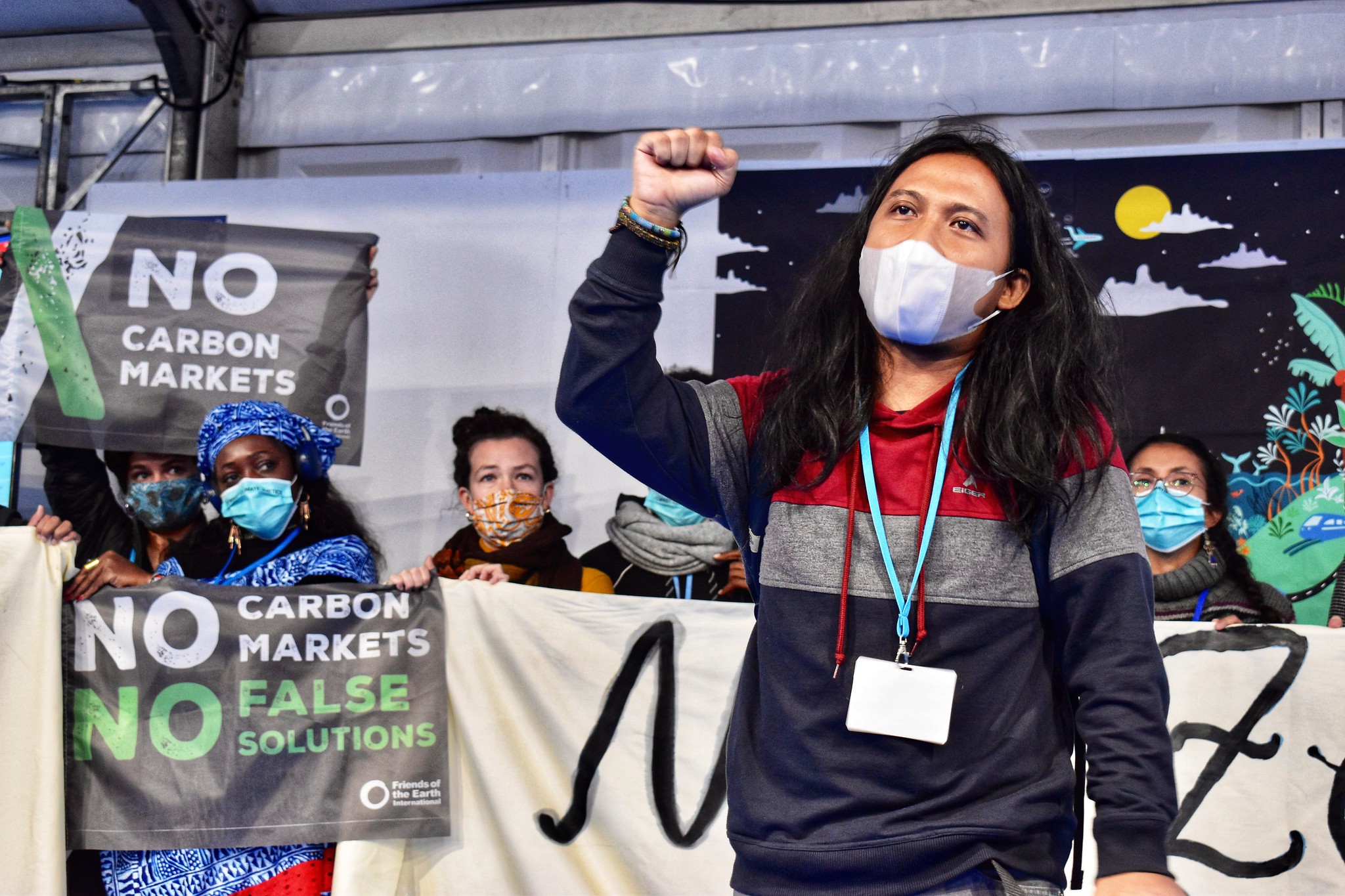
Experts to call for radical reform of banks
Leading economists, policy makers and opinion leaders will leave the City for Edinburgh on Thursday to make the case for radical measures to reform the banking system.
As the financial sector threatens to resume its pre-crisis culture of speculation and bonuses, this week’s major conference will present challenges to ‘business as usual’.
Speakers include: · Adam Posen, member of the Bank of England’s Monetary Policy Committee · Richard Werner, Professor of International Banking, Southampton University · Ann Pettifor, Director of Advocacy International Ltd · Tony Greenham, Head of Finance and Business at the New Economics Foundation
Adam Posen, speaking in a personal capacity, will argue that it is time to re-examine the UK’s relationship with its financial sector:
“We must be cautious about the government giving too much support and encouragement to large banks. For good reason, we do not protect and promote other industries as strategic – the same should apply to financial firms, and even more so since having global bank headquarters exposes our taxpayers to risks which other global firms do not.
“Every country has its politically protected obsession – rice in Japan, military technology in the US, autos in Germany – and the UK’s obsession with banking is more dangerous than most.” Professor Richard Werner, who coined the phrase ‘Quantitative Easing’, will ask why we have given the banks the power to create money but given them little obligation to use that power for socially useful purposes.”
Ann Pettifor, campaigner and analyst of the global financial system, will make the case for Green Quantitative Easing.
“The idea that ‘we have run out of money’ is ludicrous. The government effectively lends to itself, via the Bank of England (a nationalised bank) at very low, even negative rates of interest. There is no need whatsoever to borrow from global, private financial markets. So the government can borrow from itself to spend on sound and sustainable infrastructure – and fulfil its obligation to provide security to the nation, by addressing the threat of energy and climate insecurity.”
Tony Greenham, Head of Finance and Business at the New Economics Foundation will make the case for a much more diverse and decentralised banking system:
“Britain’s highly centralised banking system leaves many parts of the UK, and many customers including small businesses, woefully underserved. We need more local banks that focus on productive lending to their local communities instead of speculating in global financial markets. It is time to accept that tinkering around the edges is not enough – we need more radical reforms and a broader vision. This conference will challenge the complacency evident in Westminster and the City.”
The conference has been organised by Friends of the Earth Scotland, in partnership with a broad range of civil society organisations, including UNISON, Christian Aid, the University of Edinburgh Business School, the STUC, the World Development Movement, Compass and the New Economics Foundation.
Beth Stratford, Sustainable Economics Campaigner at Friends of the Earth Scotland, explains the purpose of the event:
“We believe it is time to open up the debate on banking reform, and to be clear about what we expect from our banks. The UK Government had to put up £1.2 trillion of taxpayers’ money to rescue the banking sector. It is not acceptable that banks continue to pump money into destabilising speculation and harmful industries such as tar sands extraction, whilst rewarding themselves with enormous bonuses.
The regulatory regime has failed – it gives too much power to the banks, and offers us too little democratic control. We are challenging thinkers from all quarters to put forward positive proposals that will transform the banking system into one that serves the interests of people and planet, rather than the other way round.”
The conference is on Thursday 19 and Friday 20 April at the Univeresity of Edinburg. The conference is aimed at policy makers, economists, trade unionists, environmentalists, bankers, journalists, campaigners and politicians.
Tickets are now available online at www.justbanking.org.uk
Journalists wishing to attend should register for free with the Friends of the Earth Scotland press office.
ENDS
For interviews with speakers and media enquiries, please contact: Per Fischer, Press Office, Friends of the Earth Scotland t: 0131 243 2715 e:
Notes to Editors
1.The conference has been organised by Friends of the Earth Scotland, in partnership with Unison, the World Development Movement, Christian Aid, the New Economics Foundation, Compass, the University of Edinburgh Economics Society, the University of Edinburgh Business School and Scottish Trade Union Congress. It has been generously supported by Triodos Bank, the Carnegie Trust, and Edinburgh University Students Association.
2. A full list of speakers and biogs is available at: www.justbanking.org.uk/category/speakers
3. The full agenda can be viewed here: www.justbanking.org.uk/agenda
4. Friends of the Earth Scotland is * Scotland’s leading environmental campaigning organisation * An independent Scottish charity with a network of thousands of supporters and active local groups across Scotland * Part of the largest grassroots environmental network in the world, uniting over 2 million supporters, 77 national member groups, and some 5,000 local activist groups – covering every continent. www.foe-scotland.org.uk
